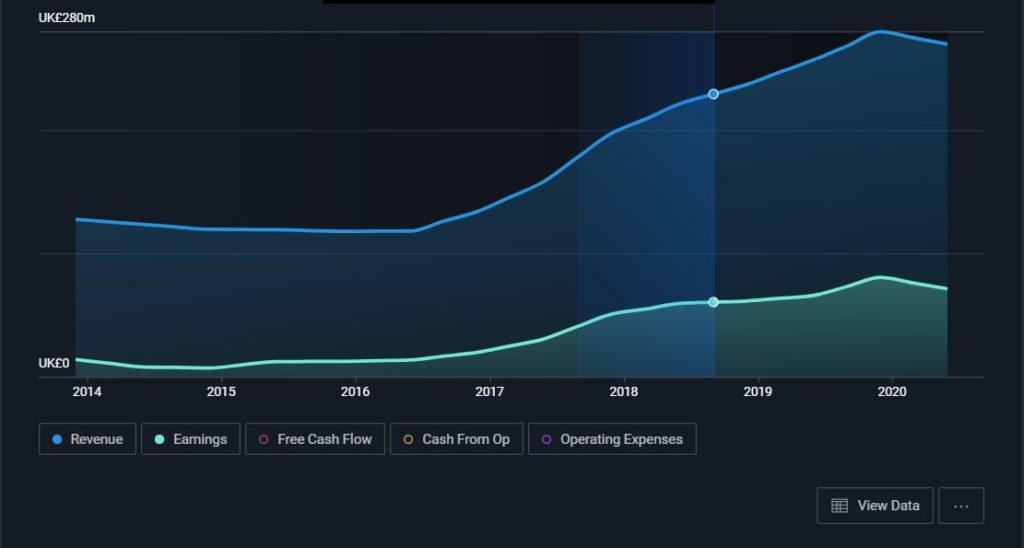Ed “Duke of BAzlandia”
October has been a big month for crowdfunding and since I tend to monitor Kickstarter, a really big month for board games on Kickstarter. Sadly I am not rich and can not afford all the games being funded. This brought me to think about what is currently happening in crowdfunding. Before we do that we can quickly go over what crowdfunding is in case there is someone out there who doesn’t know.
What is crowdfunding?
Crowdfunding is where a person has an idea or concept and puts it out there saying I have this idea I want to create, build, manufacture, or bring X product to the market. They put what they have together, go to one of the many crowdfunding sites and explain whatever it is to the best of their ability. They put this on a site such as Kickstarter, Indiegogo, or one of many others. People can then look through all of these projects or offers and decide which one to give money to. When they give their money or back a project (terminology changes between sites) they choose an amount and give that to help fund the project. Based on the amount given they are offered a reward which can be as simple as a thank you to a customized, super fancy, ultimate contraption and everything in between.
Now comes the interesting part, different sites have different policies when it comes to the money portion. Some only charge the money if the project is “funded” and other sites allow the creator to keep the money regardless if the project meets its stated goal. In the end, however, crowdfunding is intended to allow creators access to money so they can create a future product and in return meet the stated obligations of the funders. That being stated, it is not a guarantee that all creators will actually deliver on their promises, though from what I have seen by and large most creators meet their promises.
This brings us to another interesting thing that has happened to crowdfunding and Kickstarter in general when it comes to the table top gaming category. Over the past decade it has blown up and it seems every month and week there is something new and more awesome then the week before. October has seen several rather large releases and campaigns that are doing extremely well. These have also been done by or in conjunction with several large or well known companies. When discussing this with friends this always bring the inevitable argument about crowdfunding’s true purpose – Is it for Indie companies and not a preorder system? Should companies use it more like a preorder system (don’t need the money) and is that ok? I have heard this debate for several years and I tend to fall in the latter category in that these companies that do so bring side benefits to other smaller campaigns, such as users, traffic flow on the site, and more drive to improve integrations on the sights due to them bringing the site more money. Today though we will not go further in that particular topic. Another time perhaps…
Do we need or want Gamefound?
Now onto the main discussion which is, do we need another site and in particular do we need/want Gamefound? Gamefound started off as a pledge manager and is becoming a crowdfunding platform. The biggest difference between it and Kickstarter as a crowdfunding platform is that Gamefound will be exclusively catering to a table top game market. It seems its aim is to replace Kickstarter as the go to platform for crowdfunding anything related to the table top gaming hobby. I personally welcome our new Gamefound overlord… Well, actually in all seriousness I am extremely curious to see where this leads in the next year. Initially Gamefound is controlling who is able to use the platform for crowdfunding. They want to pick projects that will be for sure winners and bring about traffic to the site. This is smart in the long run if they can get enough high profile games and funding that it draws people and most importantly keeps people on the site. Sometime in 2021 they project to open the site for any creator. I am assuming they have some kind of internal baseline that they want to achieve first, plus it allows them to work out kinks and respond quickly to consumers and creators before their staff gets spread thin. I think this move potentially brings about some competition to Kickstarter who seems to be dominant in the gaming corner when it comes to crowdfunding.
The biggest improvement in my opinion that can be made in the process is when the campaign is over. Once a campaign ends it is almost always a 3rd party pledge manager that you go through for shipping, add-ons, and all the other hoops that come with a crowdfunded campaign you have backed. The reason is that these 3rd party pledge managers are just better at accomplishing what is needed then what Kickstarter has to offer. If Game Found can offer a better pledge manager and service it should drive both sites to improve, which leads to a better experience, happier backers, and potentially a better price or savings for the creator on either site and that in my book is a win. The key is to begin to take away enough traffic and money from the dominant site that it has to do something. So far that has just not been the case for any of Kickstarter’s competitors. This may have to do with the fact that they are competing for the larger crowdfunding space. It also may be that table top games just needs something different than what most other categories need. If this latter is the case then having a crowdfunding site that caters to the table top market makes a lot of sense.
Do we need another crowdfunding site? Yes, we need one that improves the system and process for both creator and backer.
Do we need Gamefound? It remains to be seen, but I for one would like to see a crowdfunding platform that specifically caters to my favorite hobby.
Do We Have A Contender!?
Sam “King of the Hilltop”
When I saw the announcement for Gamefound, I was very dismissive at first. I just said “whatever” and moved on. However, I kept seeing ads for it and they were showcasing a miniatures game that I was interested in. So, I had to check it out.
It looks interesting. I am curious to see how it plays out because I am personally a believer in competition for a lot of things (not everything but a lot). Competition presents conflict and struggle that can lead to better results or innovations you didn’t think possible. However, for that to occur, the contender needs to gain enough ground, status, money, or whatever it may be in order to present a threat. When that happens, the pressure is placed on the bigger company to make sure it performs or keep losing more and more ground in the market.
Looking At Competition
For those who know me, I love miniatures and miniature games. Love them! But if you are not a fan of them, this look at a market will still be interesting and educational.
Now Games Workshop (GW) is a publicly traded company. So their earnings, revenues, etc. are available to the public to look through. GW throughout the 90’s was a powerhouse in the miniatures world. There were very few people who could compete or even attempt to do what they were doing. Then going into the 2000’s things started to dip. Gradually things got worse and worse. There was a brief spike around 2010, which was likely due to the recovery of the global economy post-recession, but then it started dipping again, year over year. Now, there are a staggering amount of reasons why this may have occurred but from a consumer perspective I think Games Workshop lost their way. You speak to many Games Workshop players and they were unhappy with the game during these time periods. It was by far still the biggest game and company in town but I think this opened up the potential for competitors to come into play.
There was a boom in the miniatures market where a great number of tabletop miniature games were hitting the market, including: Malifaux, Warmachine/Hordes, Infinity, Flames of War, Wings of War, and many, many smaller ones. There was a resurgence in Battletech; it has always been around but gained quite a bit of popularity again through the 2000’s. This coincides very strongly with the decline of Games Workshop through these years.
However, Games Workshop apparently had had enough and decided to do something about it. They changed up their leadership, they changed up their focus on the games, they changed up the rights to their IPs for RPGs and video games. It was a big change for them and then you see an incredible rise in their revenues and earnings.

Now, if you are to look around at the miniature market right now it would look a lot like Games Workshop is back on the playground and stealing everybody’s lunch money. Many of the games that were making huge gains in player base, popularity, revenues, suddenly started crashing. Again, this may be coincidence, as gearing a company and business model for longevity is a difficult thing and there may have been other circumstances. However, Games Workshop is back on top and they don’t intend to let anyone forget about it. They are doing very well and many of the others…are not.
Concluding Thoughts
The competition that rose up against Games Workshop in the miniature tabletop market forced a change. They had to innovate and change how they were doing business. If you talk to a Games Workshop fan right now, there have been a mountain of changes and many spurned players who swore off GW, including me, are coming back. There are a number of video games being produced for their IPs, even a few board games developed outside of Games Workshop. It is crazy to think about but I think competition caused these changes to occur.
I hope the same happens for Kickstarter or maybe Gamefound is just so good it becomes the new head honcho of board game crowdfunding. Either way, I think this is good for consumers on the long run if Gamefound is even partially successful as it may cause changes to occur that allow the companies to innovate in order to better serve their true customers…the crowd.
What do you think? Is Gamefound coming into play a good thing? You think changes or innovations will happen quickly? Later? Not at all? Let us know in the comments or on social media. We would love to hear what you think!
**Note: this is in no way to be construed as financial advice. I am not a broker or financial advisor.
